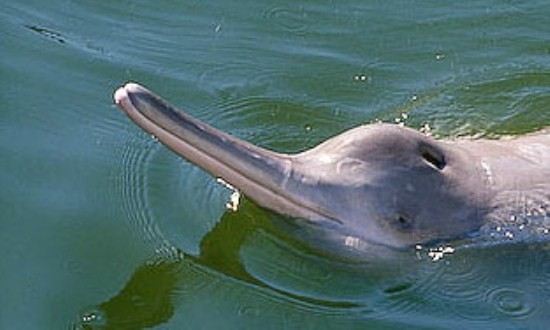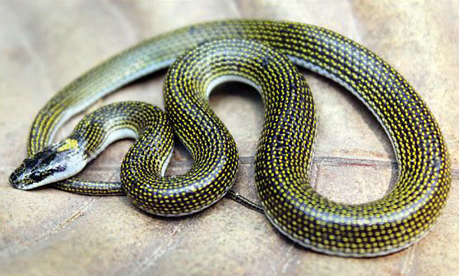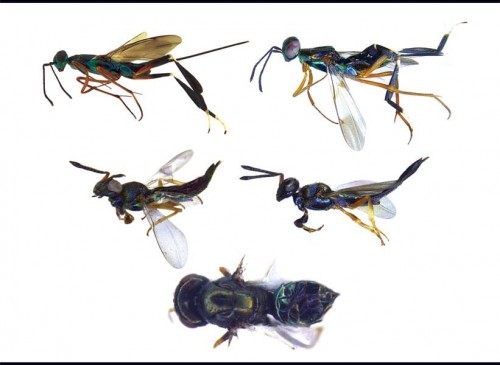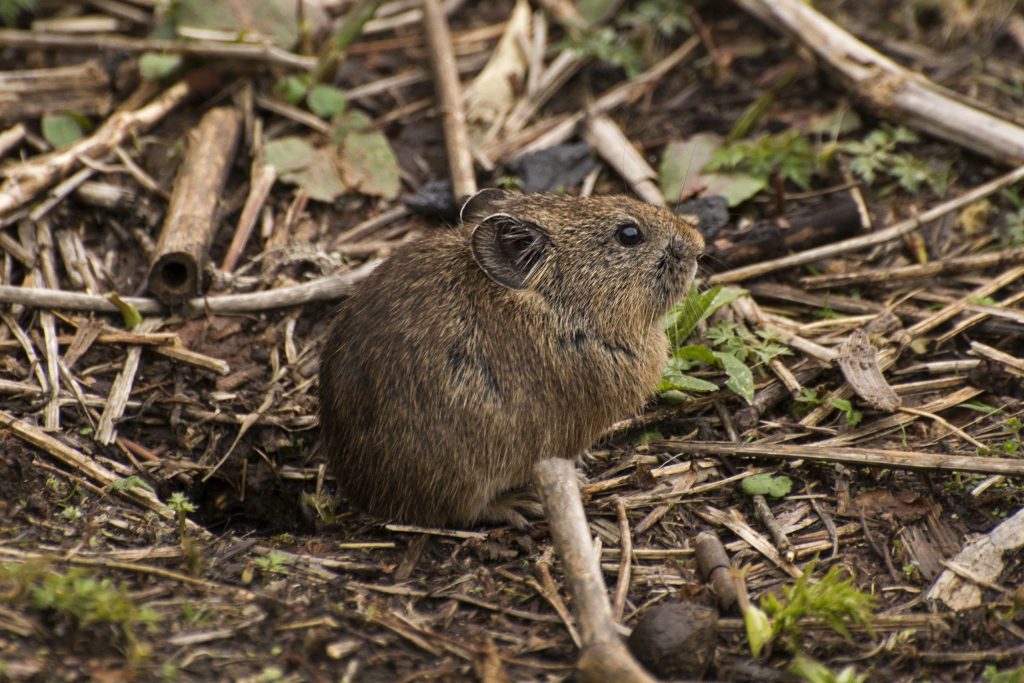The natural world is finding different ways to reveal itself amidst the nationwide lockdown. From spotted civets in Kerala to deer in Punjab, and flamingos in Mumbai to now the endangered Ganges river dolphin seen in Meerut and Kolkata, it seems the pause button in people’s lives has created just the right opportunity for the wildlife to reclaim what they lost…even if for a brief moment.
IFS officer Akash Deep Badhawan posted a video on twitter that showed Ganga river dolphins or Ganges river dolphins frolicking in the waters of the river. The endangered freshwater dolphins are India’s national aquatic animal. But most of the time they are hard to sight because of the pollution and also because the river mammals prefer to stay away from the boats and fishermen frequenting the river.
Badhawan wrote, “Ganges River Dolphin, our National Aquatic Animal once lived in the Ganga-Brahmaputra-Meghna river system is now endangered. They live in fresh water and are practically blind, with small slits as eyes. Was fortunate to spot these in Ganges in Meerut.”
Also read: Uttar Pradesh Sees Rise in the Number of Ganga River Dolphins
A few days earlier the dolphins were also spotted in Kolkata in the Hooghly river. Locals claim that the freshwater dolphins frequented Kolkata ghats and were easy to spot earlier. But industrial pollution slowly made them recede to the parts of the river where they could still find clean water.

India’s Endangered had reported the spotting of baby ganga river dolphins in the Hoogly river in 2013 along the Strand Road area. This was the first sighting of a baby dolphin in these parts.
The Gangetic dolphin was declared as the National Aquatic Animal of India in 2009. Just like it is vital for the tiger to survive in a jungle to help the entire ecosystem, the Ganges river dolphin helps keep the aquatic ecosystem stable with its presence.
According to the reports, the worldwide population of Gangetic dolphins is somewhere between 1200 to 1800. The major hurdle to their survival is the damming of the Ganga river basin, the disposal of wastes into the river leading to low oxygen levels and thus low survival of any living creatures, and indiscriminate fishing which sometimes leads to the dolphins being caught as bycatch. The dolphins are themselves hunted too for their oil.
The current lockdown has also reduced the noise pollution in the river making it easier for the dolphins to communicate. The animals are practically blind and depend largely on echolocation to find prey as well as communicate with each other.
Badhawan also said that the dolphins were officially discovered in 1801. “Their habitat is large tracts of the Ganges where fish is aplenty and water currents are slow.”
The calmer rivers, lesser pollution, and restricted human activities have helped the endangered dolphins resurface again during the lockdown period in parts of the country where they had become forgotten memories. Hopefully, the present sightings would give people a chance to preserve the habitats so that the rare glimpses become more common in the future.
Also Read: 5 October to be Celebrated as Ganga River Dolphin Day









